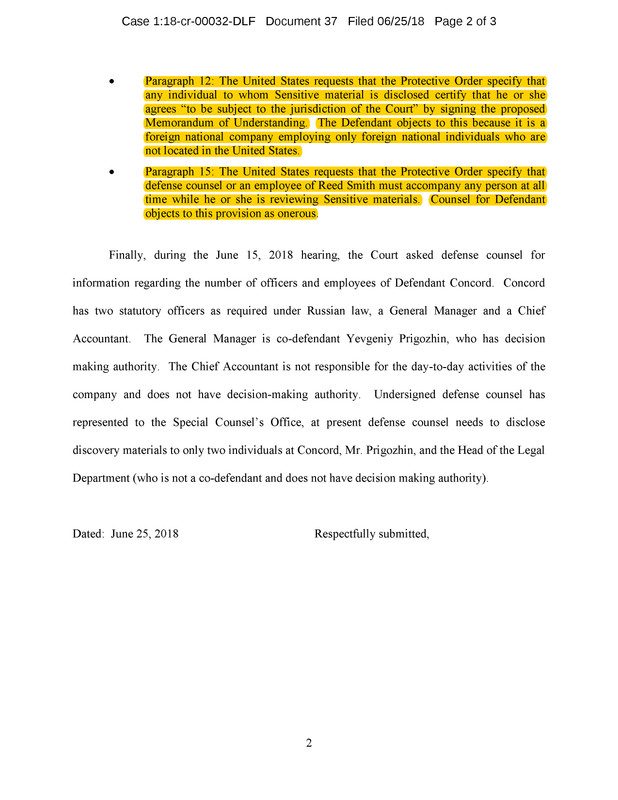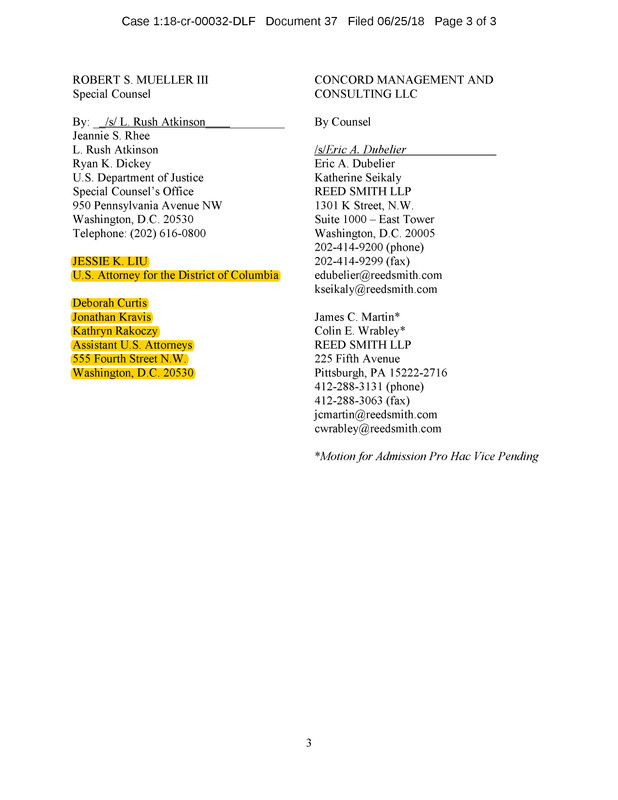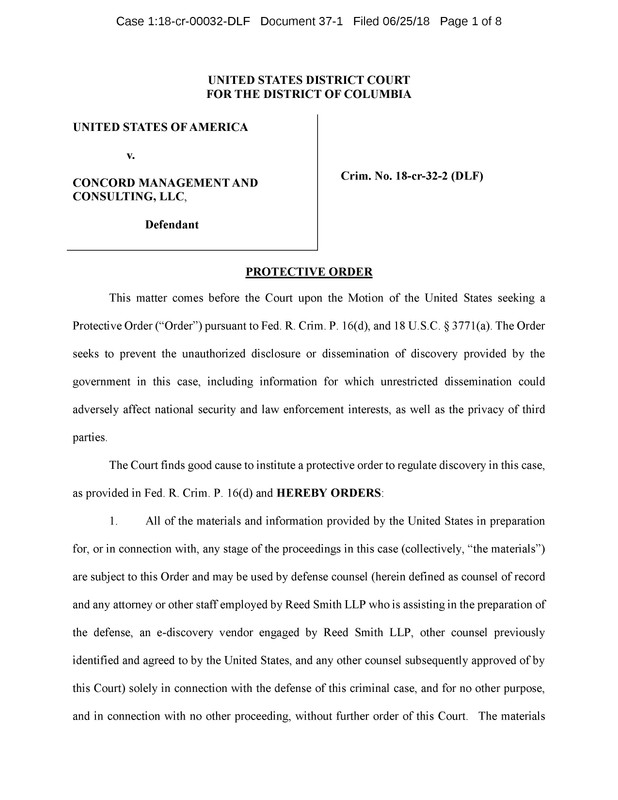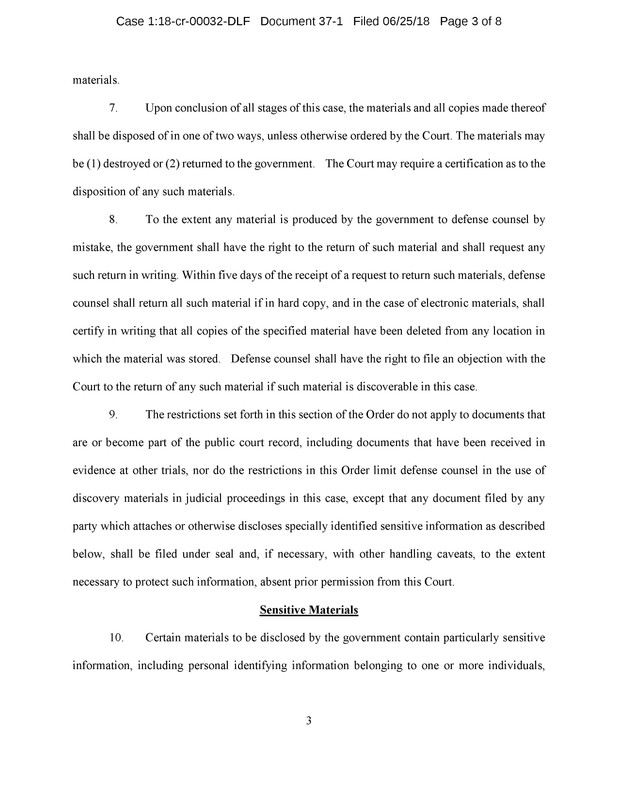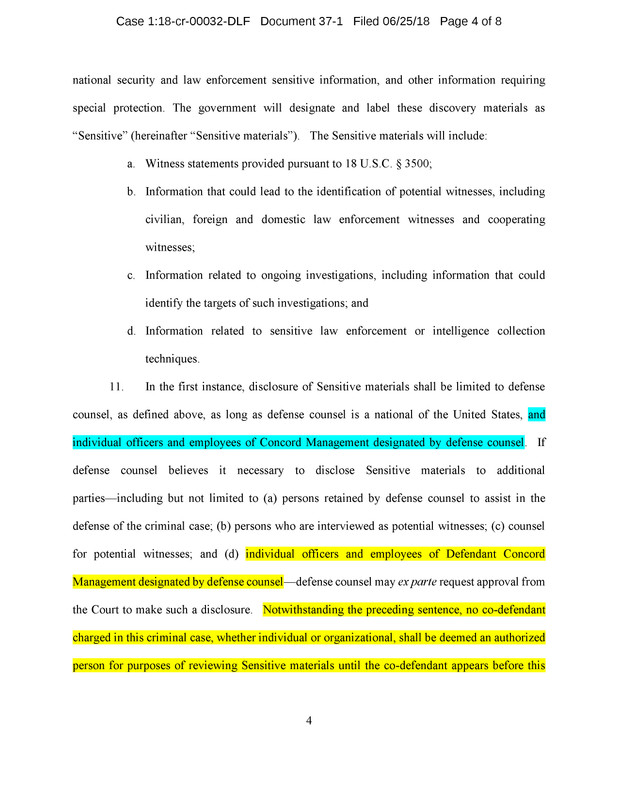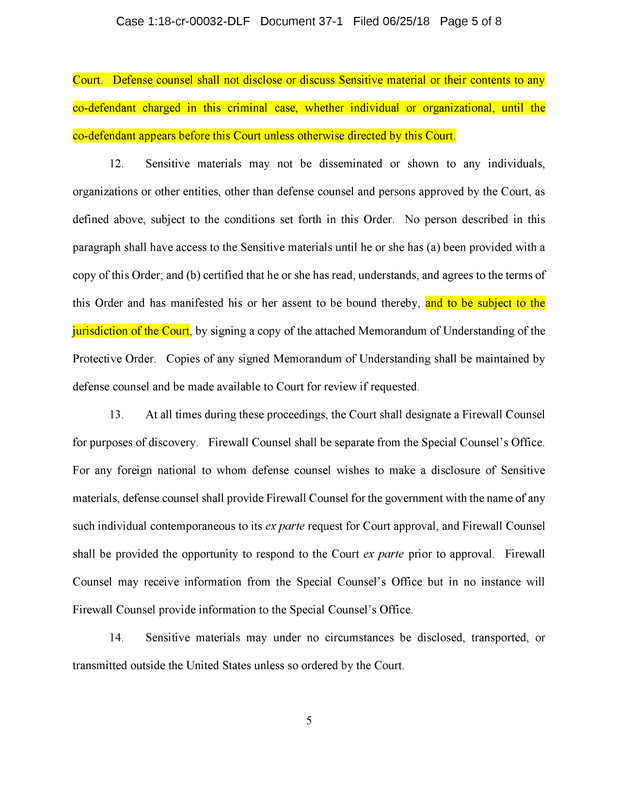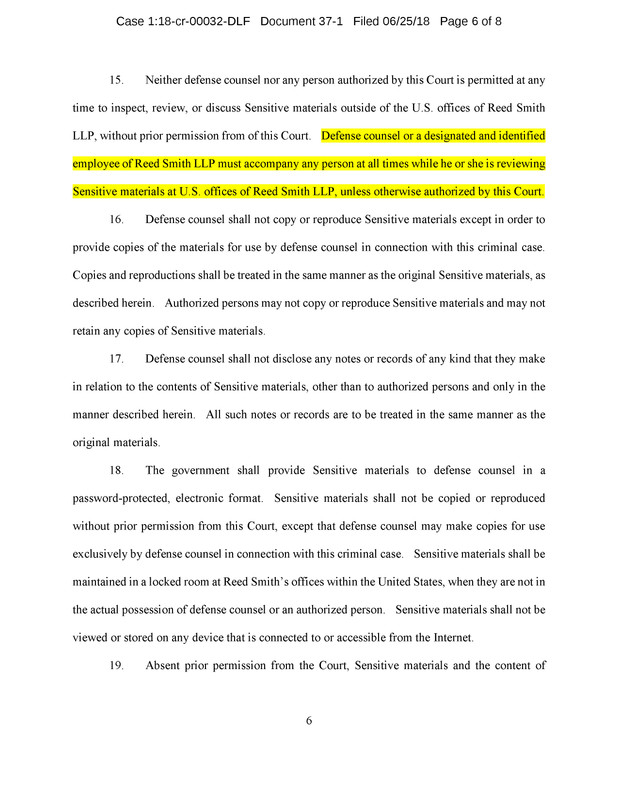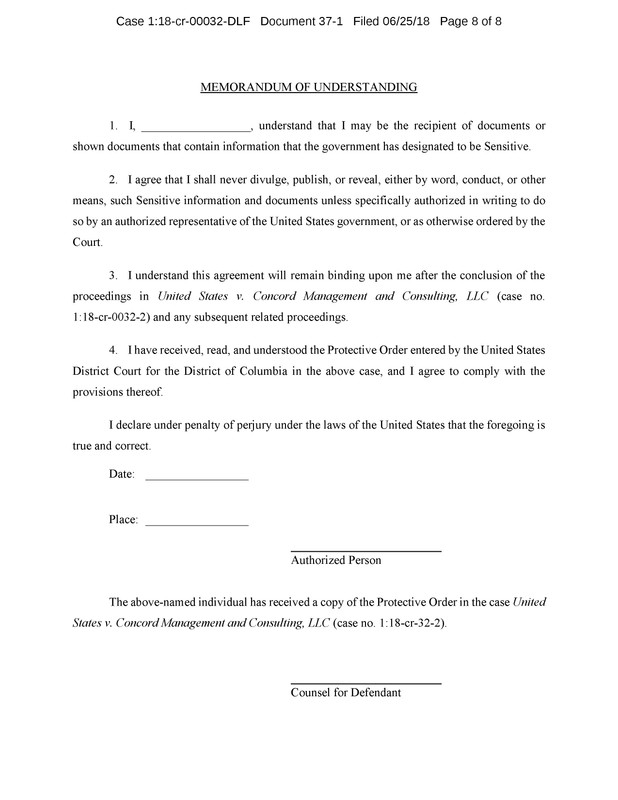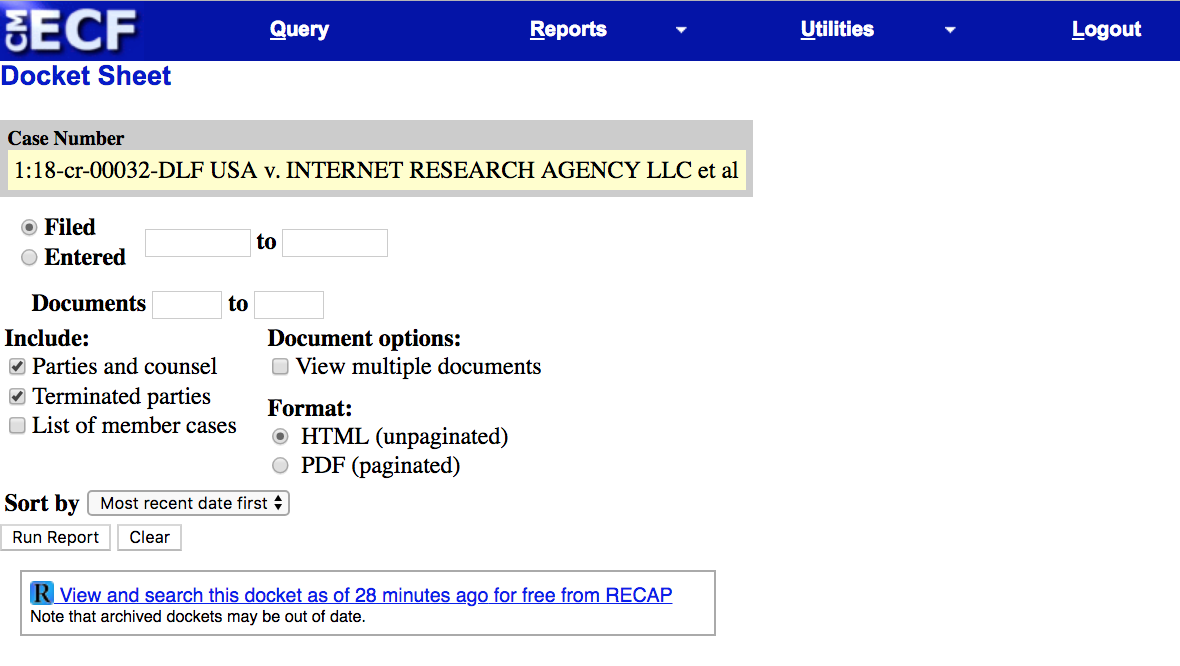AgShaun00 said:
RoscoePColtrane said:
This POS needs his ticket punched badly
i have to unblock ads to read that. I rather not give that POS a click also. Any summaries?
ZURICH George Soros, the billionaire investor and liberal donor, sat in his hotel suite by Lake Zurich this week, lamenting the turn much of the world has taken in recent years: "Everything that could go wrong has gone wrong."
His favored presidential candidate, Hillary Clinton, lost to President Trump, whose "America First" platform runs counter to the globalism Soros embraces. Trump, he said, "is willing to destroy the world." The European Union, which Soros once hoped would be so successful that he could end his charitable work in the region, is contending with the impending loss of Britain and a rise of anti-immigrant sentiment. And Soros himself has emerged as a political target in elections from Hungary to California, where his donations have been used as a cudgel against the causes he supports.
The 87-year-old Holocaust survivor, who has poured much of his fortune into promoting liberal values around the globe, is now confronting a wave of nationalist sentiment washing against issues he has championed.
But rather than recede from public life in his twilight years, Soros has decided to push even harder for his agenda, he told The Washington Post in a rare interview.
"The bigger the danger, the bigger the threat, the more I feel engaged to confront it," Soros said Thursday. Wearing an open-collar shirt, he spoke animatedly for an hour, sitting at a table in his suite after an appearance at a Human Rights Watch conference. "So in that sense, yes, I redouble my efforts."
Confronting brick wallsSoros's willingness to remain in the fray comes as he faces renewed vilification from a wide-ranging group of opponents that includes actress Roseanne Barr and Russian President Vladimir Putin. He has been accused of being an all-powerful puppet master, a Nazi sympathizer and the person controlling the Democratic Party.
He acknowledges that the attacks can blunt his impact.
"It makes it very difficult for me to speak effectively because it can be taken out of context and used against me," Soros said.
For all the billions of dollars at his disposal, Soros is also being forced to reckon with limits on his political influence in the United States. He acknowledged that he did not see Trump's election coming. "Apparently, I was living in my own bubble," he said.
Soros, who plans to spend at least $15 million in 2018 races, has already faced some setbacks this cycle. His bid to replace several district attorneys in California with challengers seeking changes to the criminal justice system was largely unsuccessful in Tuesday's elections. "We ran into a brick wall in California," he said.
Soros said he is certain in his assessment of Trump, whom he describes as a "narcissist" who "considers himself all-powerful."
But he does not appear settled on the strategy to defeat him. Soros said he disapproves of a campaign by fellow liberal billionaire Tom Steyer to push to impeach the president, saying he would only support such an effort if Democrats retake Congress this year and gain Republican support.
Soros, who said he wants to avoid dividing the party, also refused to pick favorites among the emerging crop of 2020 Democratic presidential contenders. But there is one prospective candidate he said he hopes does not get the nod: Sen. Kirsten Gillibrand of New York.
He blames Gillibrand for pushing the resignation of former senator Al Franken "whom I admire," Soros said, "in order to improve her chances."
Franken (Minn.) resigned in January after a number of women alleged that he touched them inappropriately. Gillibrand was a leading voice urging her fellow Democrat to quit.
She declined to comment.
Earlier this year, Patrick Gaspard, the former Obama White House political director who now runs Soros's Open Society Foundations, said he asked the billionaire how he viewed the organization's role at a time when so much of Soros's work is under assault.
"This is the moment we were built for," Soros responded, according to Gaspard.
The Hungarian-born Soros, who became one of the world's wealthiest people by managing hedge funds and betting on currency changes, has given away billions of dollars to groups promoting human rights, democracy and liberal causes.
His New York-based Open Society Foundations now spends $940 million a year in 100 countries, promoting values such as free speech and free elections, according to the group. In the United States, the Open Society spends $150 million a year financing groups such as the American Civil Liberties Union and Planned Parenthood.
For a period of time, Soros was the largest private donor in Russia, funding initiatives such as an anti-torture program, according to the foundation. Two years ago, Putin's government effectively banned Soros's group from distributing funds in the country, calling it "undesirable" and "a threat to the fundamentals of the constitutional system."
Last week, Putin suggested that Soros's spending around the world resembles the kind of political interference that U.S. intelligence officials blame on Russia.
"He intervenes in things all over the world," Putin told Austrian television. "But the State Department will tell you that it has nothing to do with that, that this is the personal business of Mr. Soros."
Elsewhere in Europe, Soros has also come under attack. This year, Viktor Orban, the right-wing prime minister of Hungary, won reelection after charging that Soros wanted to flood Europe with Muslim immigrants. Orban said one of his first efforts would be to pass a "Stop Soros" bill, aimed at cracking down on organizations he views as countering his agenda.
"I'm painfully aware that they are against the ideas that I stand for," Soros said of his critics around the world.
2016 and TrumpIn the United States, Soros was initially seen as an ally by Republicans who shared his opposition to communist dictators. He made modest donations to support the GOP in the 1980s and 1990s, according to campaign finance reports.
But he turned decisively against Republicans after President George W. Bush invaded Iraq in 2003 on the basis of faulty intelligence about weapons of mass destruction.
Since then, his political spending a fraction of the money he gives away every year has made him one of the Democratic Party's most reliable and generous donors.
In 2016, he poured at least $25 million into mobilizing Democratic voters in an effort to bolster Clinton and other candidates on the left, a Soros spokesman said.
In the final days of the White House race, Trump spoke in his closing television ad about sending a tough message to "global special interests" who wanted to control Washington, as images of Soros and other financial leaders who are Jewish flashed on the screen amid footage of Clinton.
Soros, who describes himself as an agnostic Jew, said he considered the ad "a coded anti-Semitic message."
On Election Day, Soros gathered with friends to watch returns in his Fifth Avenue duplex, overlooking the reservoir of New York's Central Park.
As the returns came in, "the party turned into a wake," said Anthony Romero, executive director of the ACLU, who was one of the guests.
Soros said he spent months studying what went wrong in the election. He said he concluded that while Clinton would have made a "very good president," she was not a good campaigner. "She was too much like a schoolmarm," Soros said. "Talking down to people . . . instead of listening to them."
But he said he also diagnosed a larger problem: the increasing ease with which people's opinions can be manipulated. "It is so much easier to destroy trust than to build it up," Soros said.
Soros has known Trump for years. Decades ago, the two men dined together several times at the Berkshire estate of a mutual friend, Soros said.
"I had no idea he had political ambitions, but I didn't like his behavior as a businessman," he said.
At one point, he said, Trump asked him to be the lead tenant in a new office building he was developing in New York City.
"Name your price," Trump said, according to Soros. Soros said he declined because he was concerned that being so closely associated with the developer, whose Atlantic City casinos were financially troubled at the time, would hurt "my reputation."
The White House and the Trump Organization did not respond to requests for comment.
Soros said that if Democrats win in a "landslide" and forge a bipartisan relationship with moderate Republicans, as he expects, then he would favor impeaching Trump "because he is endangering the United States and the world."
But even then, there would be a cost, he said: "This would make [Vice President] Pence the president, who is much more competent in representing the far right, whose views with which I disagree, than Trump himself."
Races, donations, defianceThis cycle, Soros has focused his political investments on congressional races and mobilizing voters on the left. His largest donation this year has been $5 million to Win Justice, a voter-mobilization group focused on minorities, women and young voters in Florida, Michigan and Nevada.
He has also continued to invest in district attorney races, saying prosecutors are "the linchpin of the judicial system" and key to his effort to reduce prison sentences. He sent $1.45 million to a group that supported civil rights attorney Larry Krasner in his successful race for Philadelphia district attorney last year. A spokesman said Krasner had never met Soros or anyone in his organization.
Soros's recent efforts in California were not so successful. Three of his candidates for district attorney in California lost their primaries, and a fourth faces a runoff.
His financial support became a political issue in some of the campaigns. Sacramento County District Attorney Anne Marie Schubert, who defeated her challenger Tuesday, claimed that the city was "under attack" from the billionaire, "who has brought his war against law enforcement" to Sacramento.
The breadth of Soros's spending has made him a frequent target of critics on the right, who suggest he is secretly backing movements that appear to be driven by the grass roots.
Former congressman Jack Kingston, a Georgia Republican who is a CNN commentator, suggested on Twitter in February that Soros and other activists, rather than students, were behind a protest in the wake of a Florida high school shooting in which a gunman killed 17 people.
A spokesman said Soros had no involvement with the protest.
Kingston said in an interview that he was merely raising the question of whether Soros was involved.
"Some names invoke an emotional outcry from the red-meat crowds, and certainly he is one of them on the right," Kingston said. "The left has theirs. He does get that sort of sinister, that is, that kind of myth about him, that he plays in the shadows. Maybe that's wrong."
Last month, Soros's name went viral again when Barr tweeted that he is "a nazi who turned in his fellow Jews to be murdered in German concentration camps & stole their wealth."
Among those who retweeted her was the president's eldest son, Donald Trump Jr.
Soros, who said he used false papers at age 13 to survive the Nazi occupation of Hungary, calls such claims "a total fabrication," adding that they "annoy me greatly."
But he is not fazed, he said.
"I'm proud of my enemies," Soros said. "When I look at the enemies I have all over the world, I must be doing something right."
Never take a hostage you aren't willing to shoot,
Remember, America doesn’t negotiate with terrorists.
Code 7 10-42


